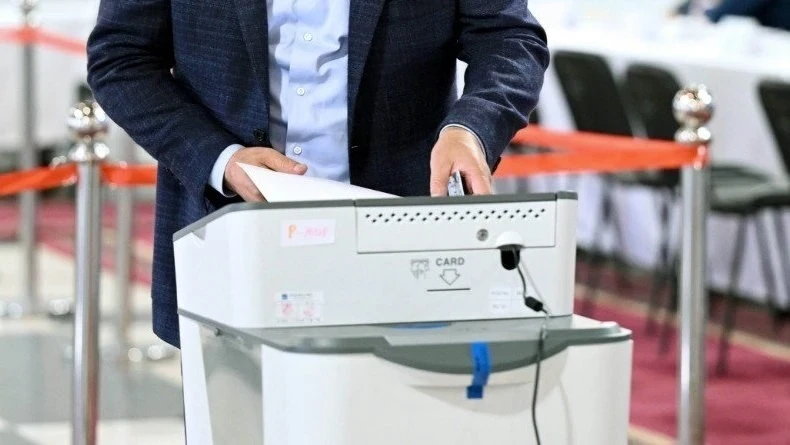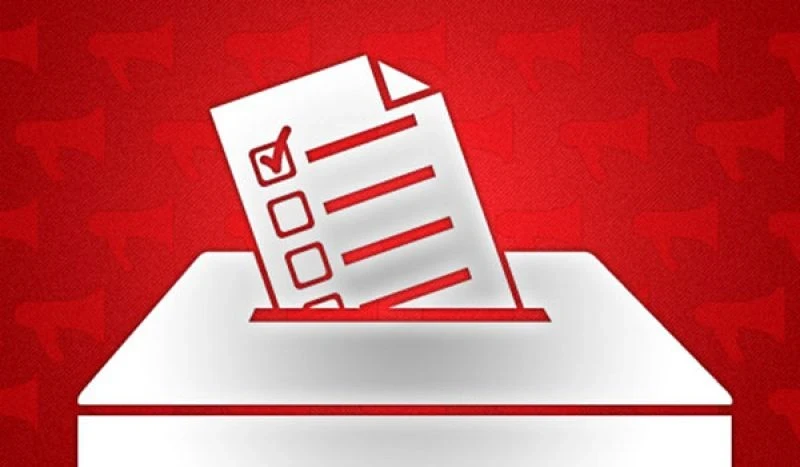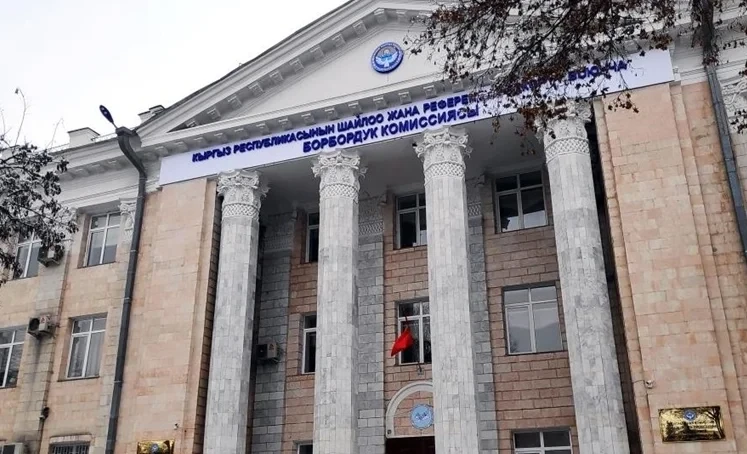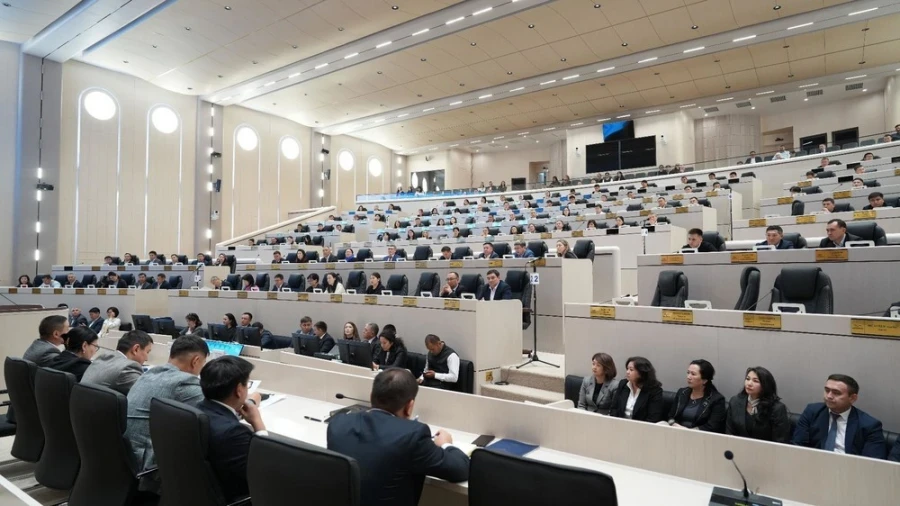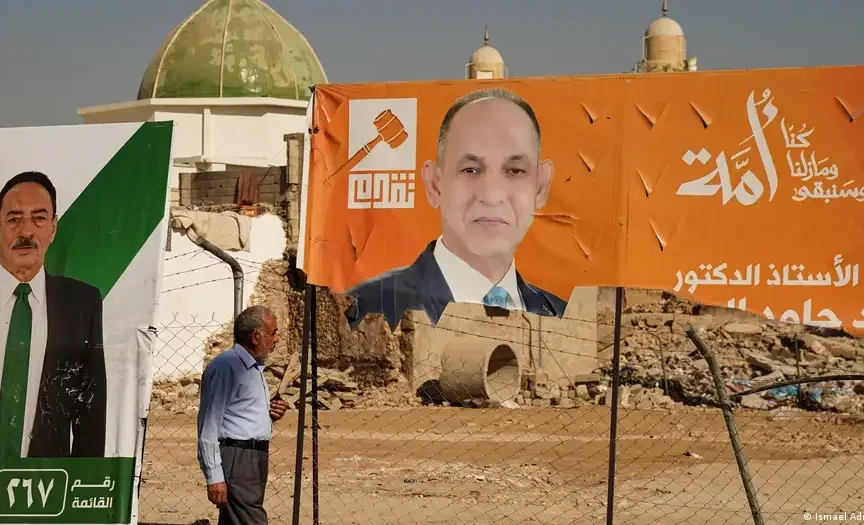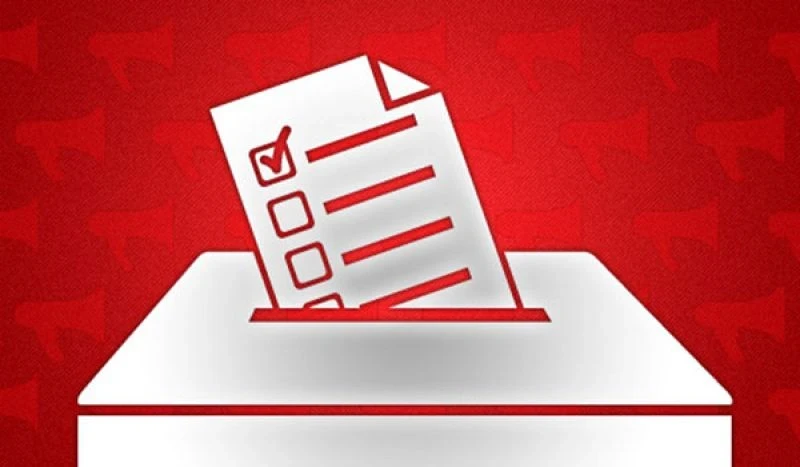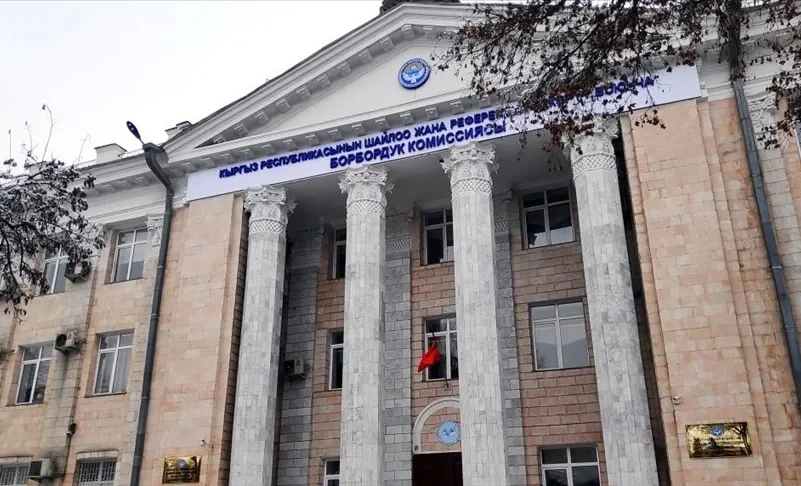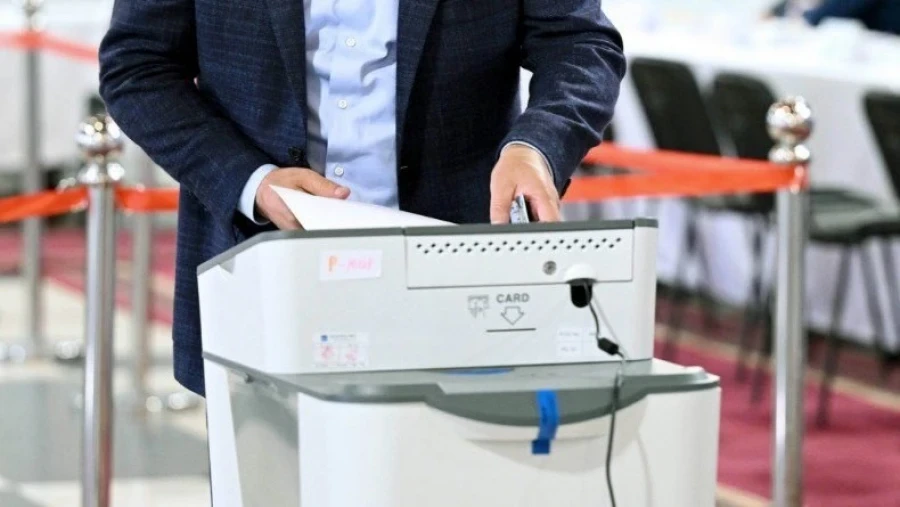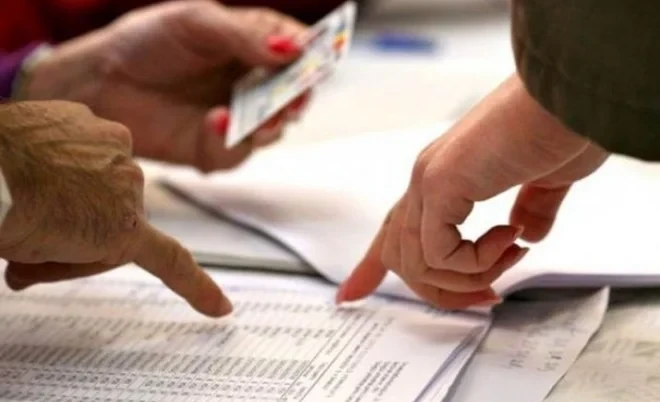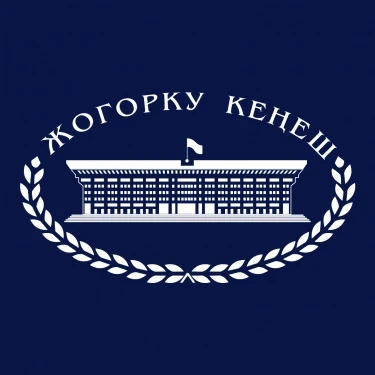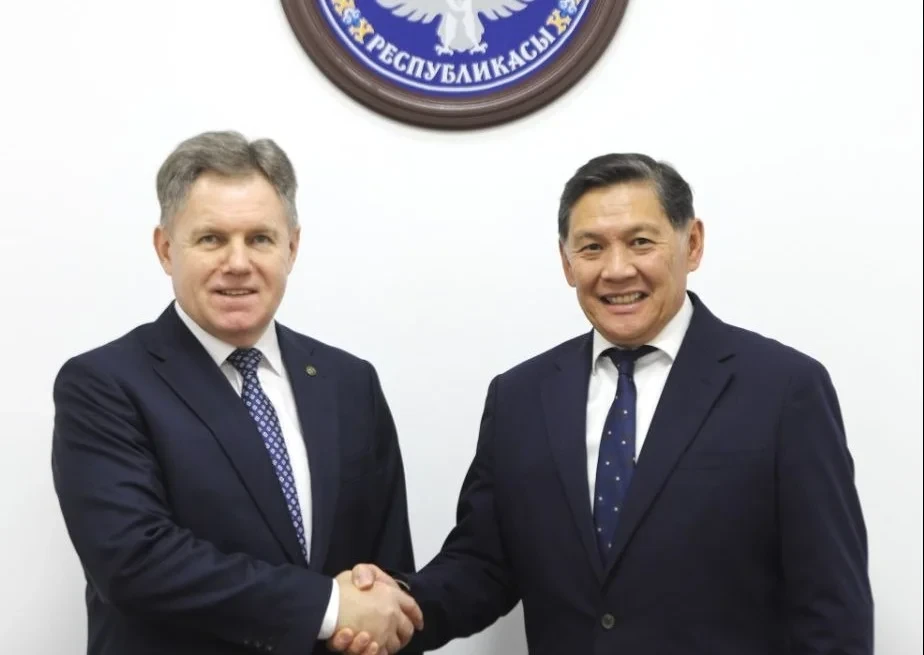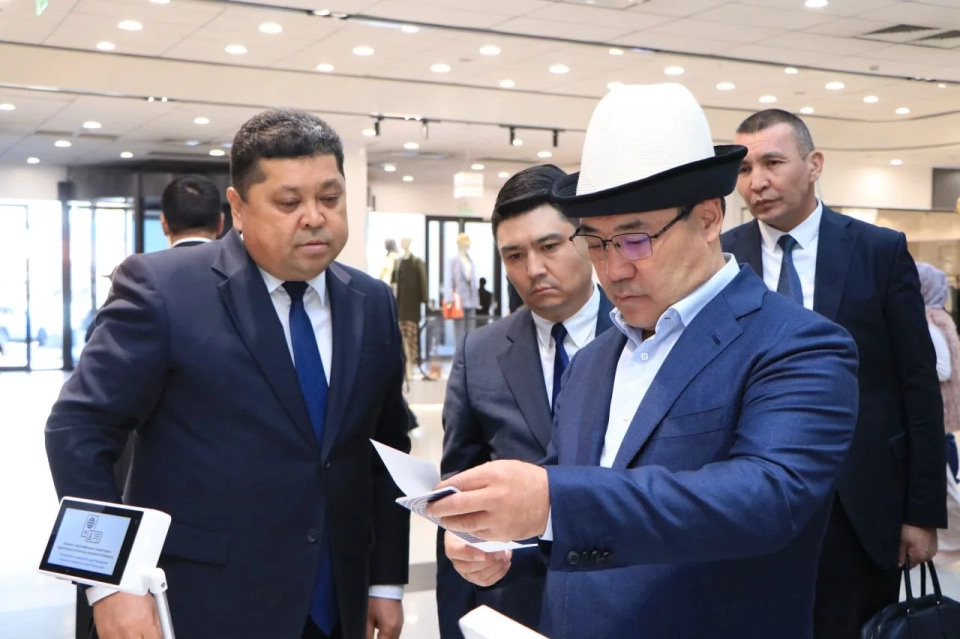
Asel Omurakunova, a political scientist and PR specialist, analyzes in an interview for VB.KG how the transition to a majoritarian system, the introduction of new control mechanisms, and increased transparency are changing the conditions of political competition.
She shares her opinion on who might be in a favorable position, what risks remain, and how digitalization will affect the electoral process.
- What key aspects can you highlight in the upcoming elections?
- The first thing to note is the early elections. This means that participants have less time to prepare their campaigns, which usually gives an advantage to more well-known and resourceful candidates, while newcomers remain in the shadows. The limited time may also reduce the quality of informed choice and voter turnout, which often leads to favorable results for those who initiated the early elections.
Secondly, the elections will be held under a completely majoritarian system: the country is divided into 30 districts, each electing three deputies, and voters vote for one candidate. The advantage of this system is the possibility of direct selection, but the downside is potentially worse representation of youth and ethnic minorities compared to a proportional system.
Another important innovation is the introduction of a gender quota: in each district, one of the three seats must be occupied by a woman, which contributes to increasing female representation. Additionally, remote voting is provided for citizens outside the country, allowing them to participate in elections and stay connected to their homeland.
It is also worth noting that, unlike previous elections, technologies such as artificial intelligence are actively used for campaigning, including rapid content creation and video processing. Such innovations make campaigning more dynamic and require careful control.
- How do you assess the changes in the rules of the game? Will the political elite be able to adapt to the new conditions, or will the advantages remain with those who already control resources?
- The new law indeed changes the rules: the majoritarian system excludes party lists, where the distribution of seats often occurred "behind the scenes," shifting the focus to the candidate's personality. President Sadyr Japarov noted that now deputy mandates "will not be subject to buying and selling."
On one hand, this creates real conditions for fair competition, forcing candidates to interact directly with voters and build their programs around the needs of the district. On the other hand, risks remain: the advantage will remain with those who have financial and organizational resources, especially considering the possibility of hiring up to a thousand campaigners, which will significantly strengthen the positions of major players.
Thus, an important aspect will be how consistently the state ensures equal playing conditions and monitors their compliance.
- The new law strengthens the requirements for funding transparency. Can we expect that voters will see a more open electoral struggle, or will money still find loopholes?
- Indeed, the law introduces strict transparency requirements: donations from public officials and foreigners are prohibited, and funding goes through special accounts. This increases the level of openness, but the "purity" of the elections will depend on control: if the Central Election Commission (CEC) and law enforcement agencies thoroughly check reports and prevent violations, voters will be able to observe a more transparent process. However, if control weakens, money may continue to circulate through "invisible" schemes, despite formal compliance with regulations. Currently, there is strict control from the CEC, which increases trust in the process.
Regarding the digital environment, another trend is noticeable: many micro-bloggers actively support candidates, although their posts may look like organized campaigning. Such covert advertising may not be reflected in financial reports and bypass legal requirements, raising questions about the transparency of expenditures in the online segment.
- The new law emphasizes the fight against bribery and administrative resources. If these measures work, which political forces will benefit - new leaders or familiar players?
- The president, government, and CEC strive for the elections to reflect the true will of the citizens: electronic vote counting reduces the likelihood of falsifications, the country's leadership has distanced itself from candidates, and any campaigning by officials is prohibited. These measures align with the anti-corruption agenda. In such conditions, new leaders capable of mobilizing support without administrative resources may have a chance of success.
However, experienced players will not remain on the sidelines either: they have extensive networks of influence and can employ various tactics. Thus, a key factor will be the strict implementation of the new norms.
One thing remains clear: with the strengthening of anti-corruption requirements, the significance of each vote increases. Those who can convince voters through legal and open methods will prevail.
Interviewed by Sofia Berezovskaya

